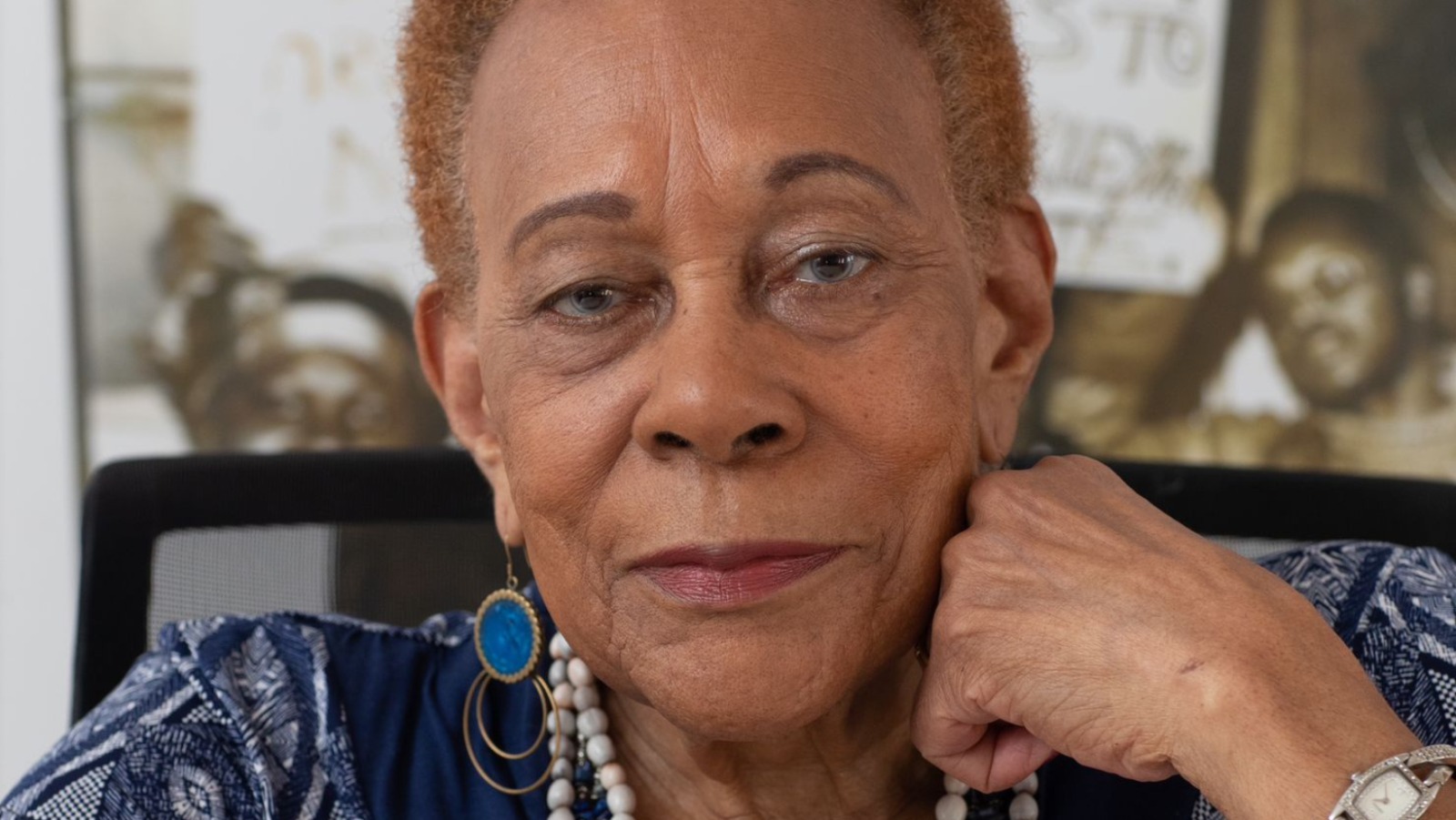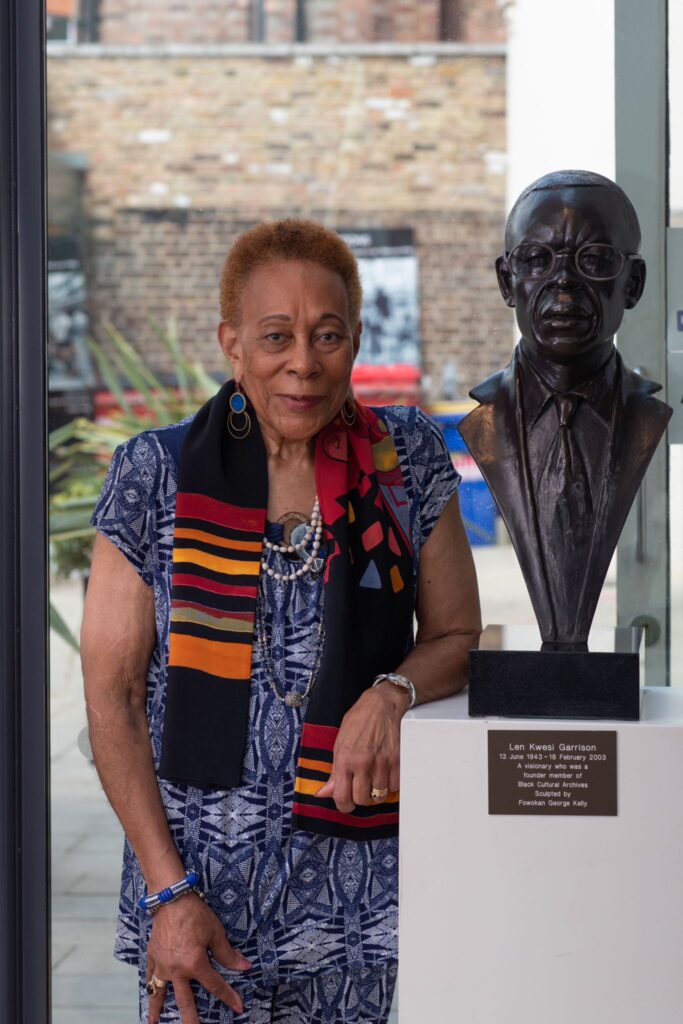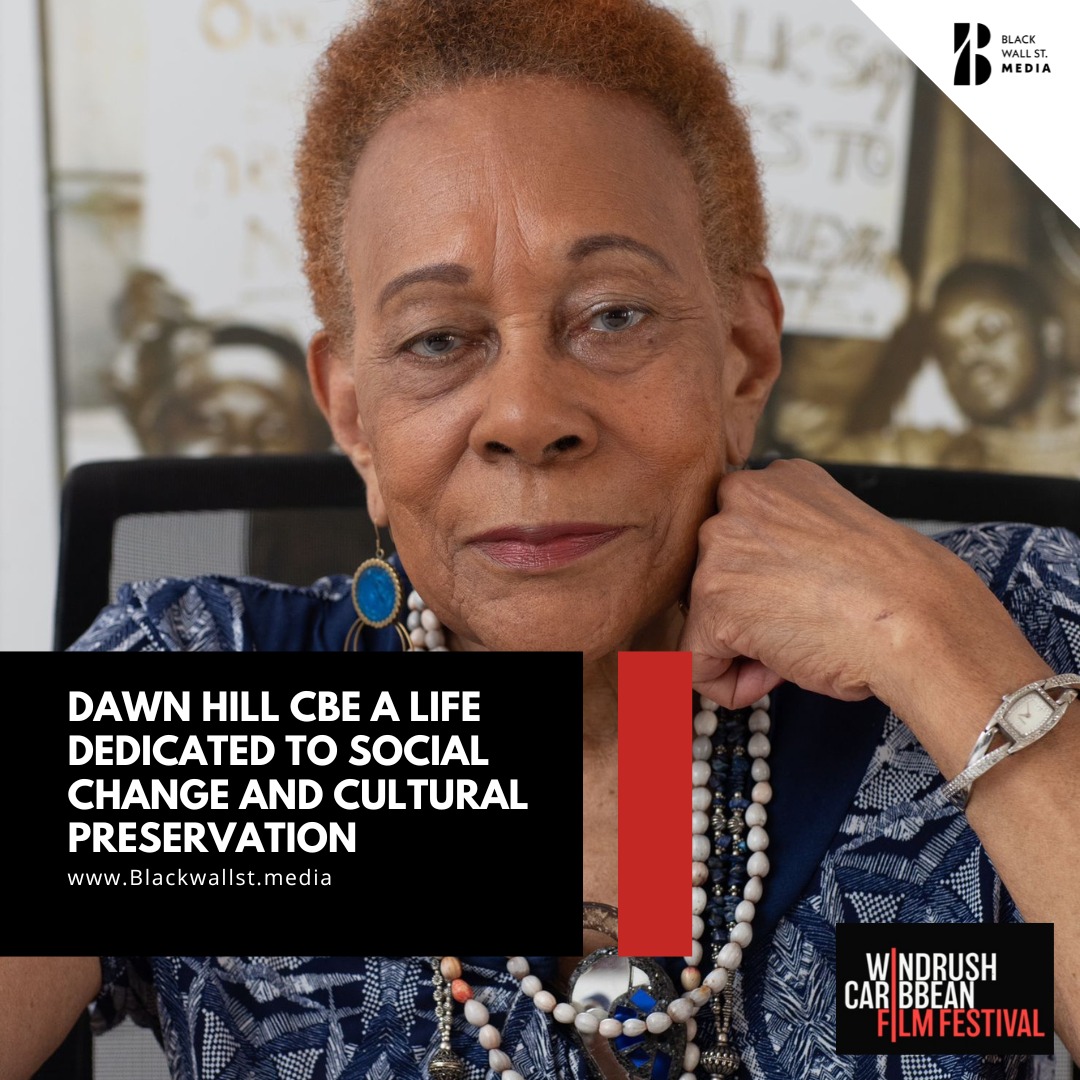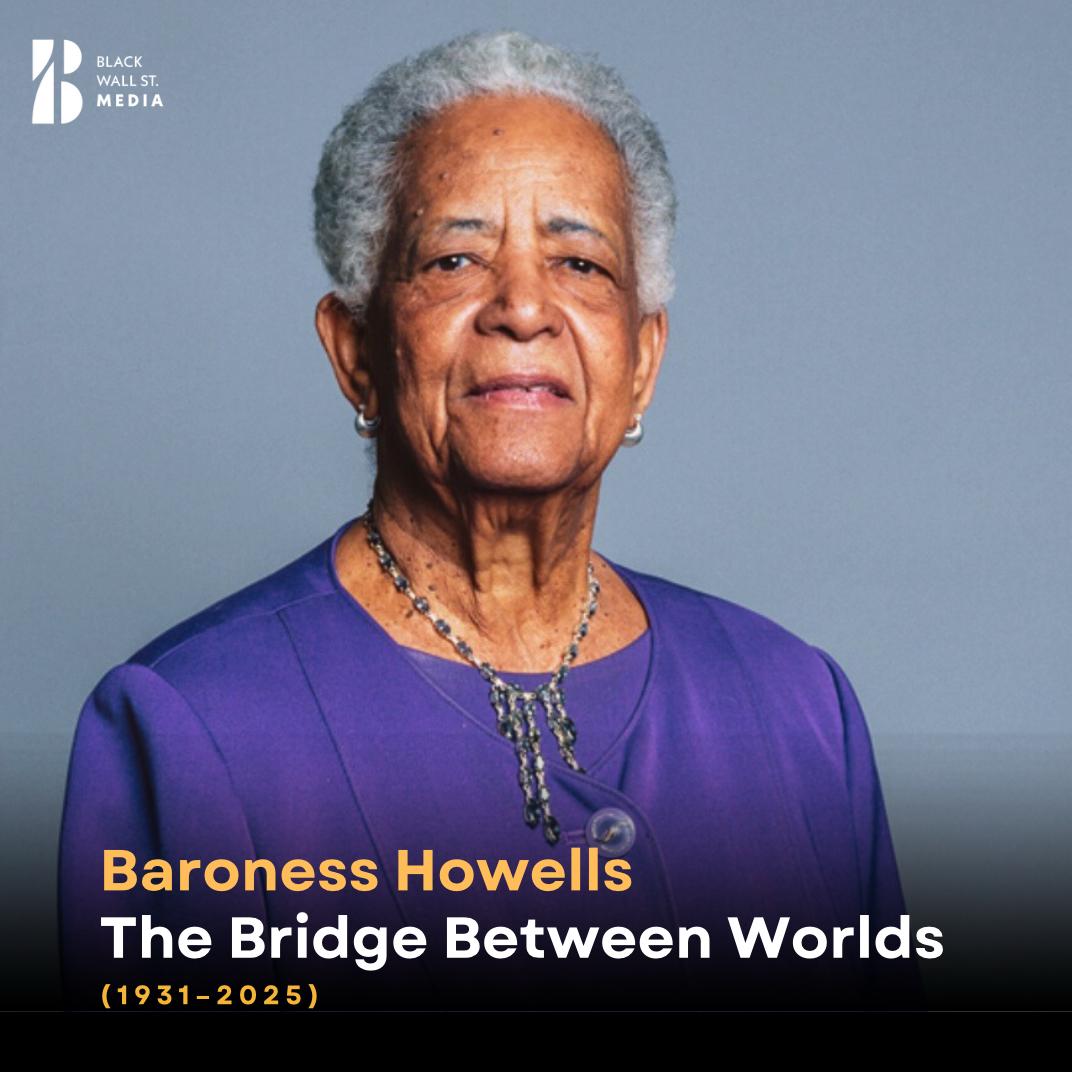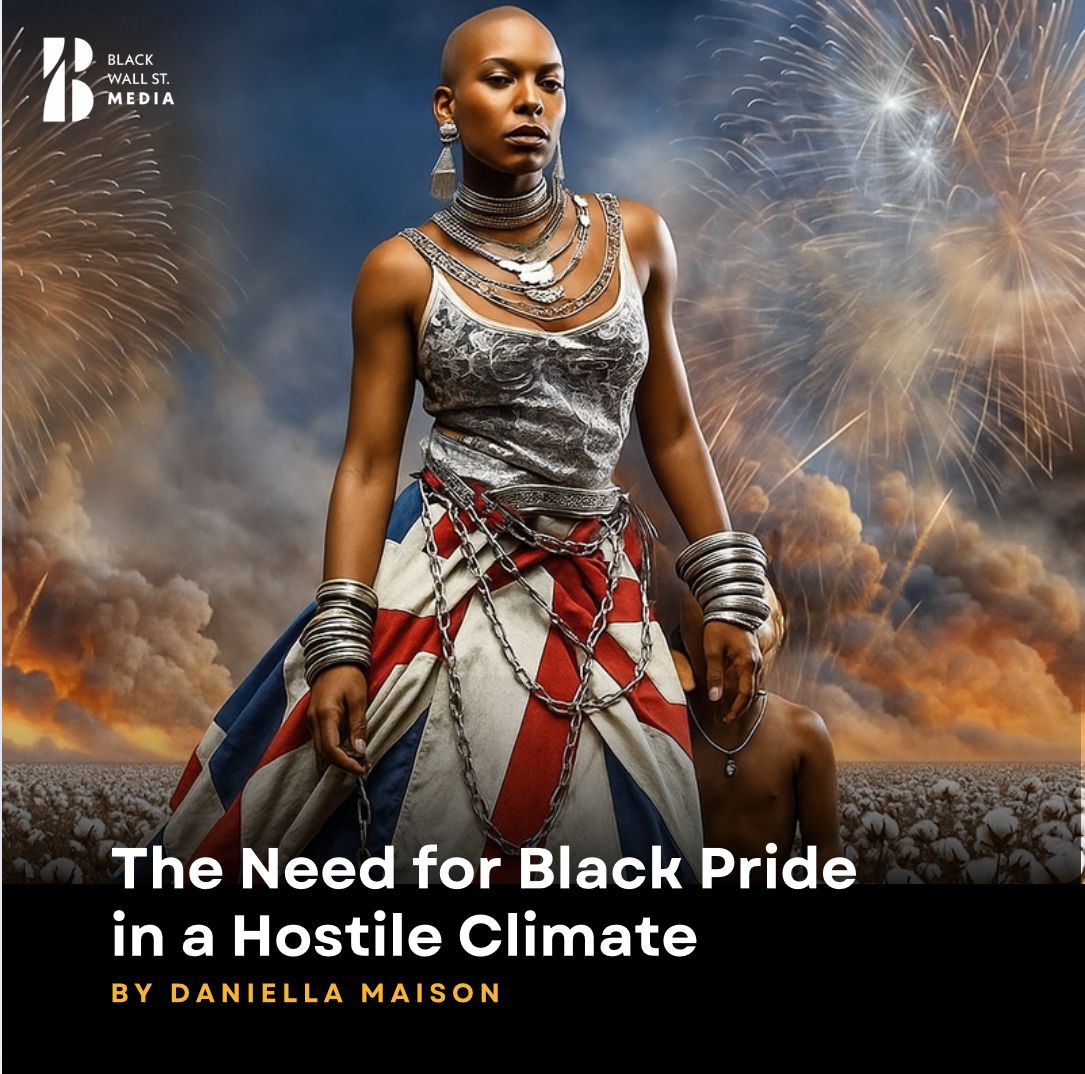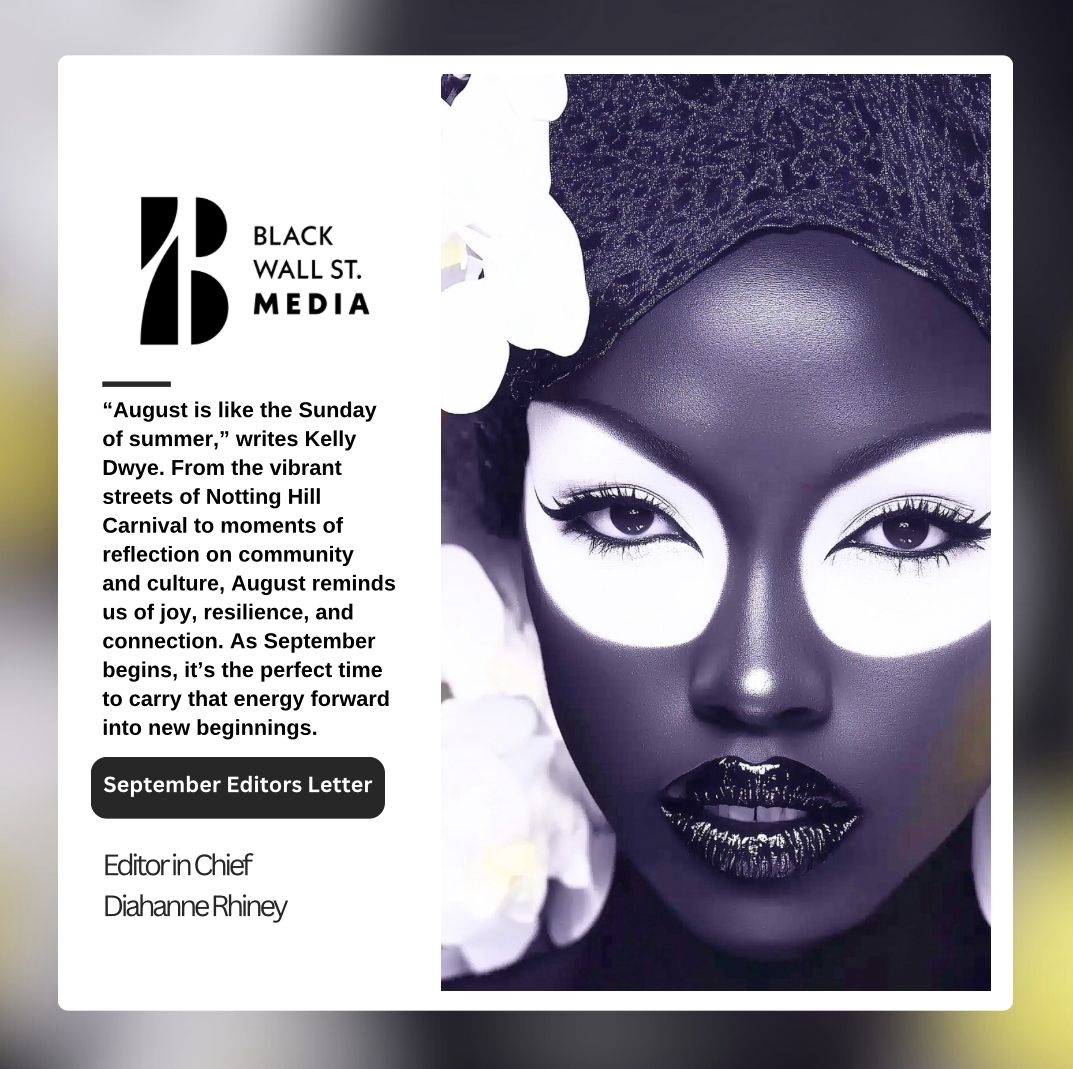Social Issues and Activism
A Life Dedicated to Social Change and Cultural Preservation
“Meet Dawn Hill CBE: From pioneering nurse in London to champion of Black cultural heritage and social justice advocate. Discover her inspiring journey of resilience and leadership!”
BWSMCONTRIBUTOR
Dawn Hill CBE: A Life Dedicated to Social Change and Cultural Preservation
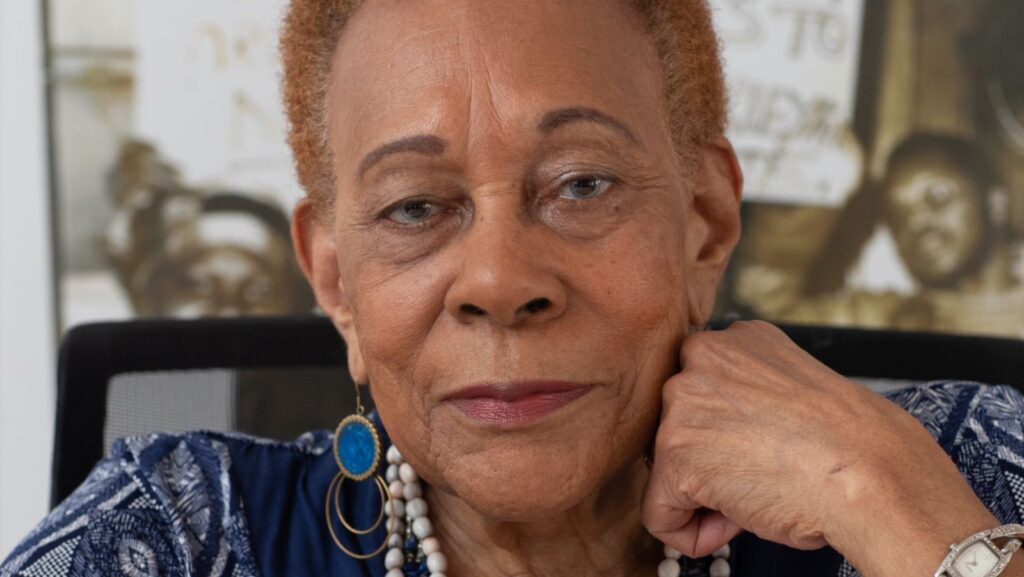
Dawn Hill CBE, SRN, Chartered MCIPD, is a distinguished figure known for her extensive contributions to industrial relations, human resource management, and the preservation of Black cultural history in the UK. As the former Chair of the Black Cultural Archives and Life Patron President of the Mary Seacole Trust, Hill’s career spans across various sectors, including health, education, and charity.
Early Life and Journey to England
Born in Jamaica when it was still a British colony, Dawn Hill (née Franklin) faced significant hardships early in life, losing her parents by the age of 15. Her Aunt Irene and Uncle Basil, who were middle-class, took her in. Upon finishing school, she moved to England in September 1956, just before her 17th birthday, under the Pre-Nursing Cadet scheme—a British initiative to recruit nurses. Arriving at Tilbury Docks, Hill began her nursing education at Leicester General Hospital, eventually qualifying as a State Registered Nurse (SRN) in December 1960.
Career in Nursing and Transition to Academia
Hill’s nursing career was marked by her work in prestigious London hospitals, including the London Chest Hospital and The National Hospital for Neurology and Neurosurgery. In 1968, she joined the Whittington Hospital as Superintendent of the Neurosurgical Theatres but left due to poor treatment after filing a grievance about her job grading. Her last nursing post was as Senior Theatre Sister in Neurosurgery at the Brook General Hospital.
In 1971, Hill embarked on a new career path, enrolling as a mature student at the London School of Economics (LSE). She studied Social Administration and Policy under Professor Abel Smith and later pursued Personnel Management and Industrial Relations under Lady Baroness Nancy Sear. This period was pivotal, shaping her future endeavors in social justice and organizational development.
Championing Black Culture and Social Justice
Living in Brixton during the 1980s, Hill witnessed firsthand the social issues affecting Black communities in London. This era saw significant events like the New Cross Fire Massacre in 1981 and widespread abuses of police power against minorities. Hill’s involvement with the Black Cultural Archives (BCA) began in response to these issues. Founded in 1981, the BCA is dedicated to preserving and celebrating the contributions of African and Caribbean communities in the UK.
Hill served as the Chair of the BCA from 2012 to 2022, working alongside co-founder Len Garrison. Under her leadership, the BCA continued to thrive as the UK’s premier institution for Black history and culture, housed in its iconic building at Windrush Square, Brixton, since 2014.
Contributions and Recognitions
Throughout her career, Hill has been a stalwart advocate for social change. She founded the Rainbow Community Nursery in Hackney in 1973 and co-founded Blackliners, the first HIV/AIDS organization for Black people, in 1989. Her extensive work in community service and healthcare governance includes roles as a Non-Executive Director at Guy’s and St Thomas’ Foundation Trust and a Governor at Evelina London Hospital School.
Hill’s dedication earned her a Points of Light Award from the Prime Minister in 2017 for over three decades of voluntary work. In 2018, she was honored with a CBE for her services to culture.
The Windrush Scandal and Advocacy
Hill played a crucial role in addressing the Windrush Scandal of 2017, which exposed the wrongful treatment of Caribbean immigrants under the UK’s “hostile environment” immigration policy. She spearheaded efforts at the BCA to provide legal and advisory support to those affected. This initiative was instrumental in assisting over 200 individuals with their claims and passports.
Legacy and Continuing Advocacy
Today, Dawn Hill remains active in advocating for social justice. She supports the Windrush National Organisation (WNO), which continues to fight for compensation and recognition for those affected by the scandal. Her lifetime of service underscores her commitment to equality, justice, and the celebration of Black heritage in the UK.
Dawn Hill’s remarkable journey from a young nurse in Jamaica to a prominent advocate and cultural preserver in the UK is a testament to her resilience, leadership, and unwavering dedication to social justice.

